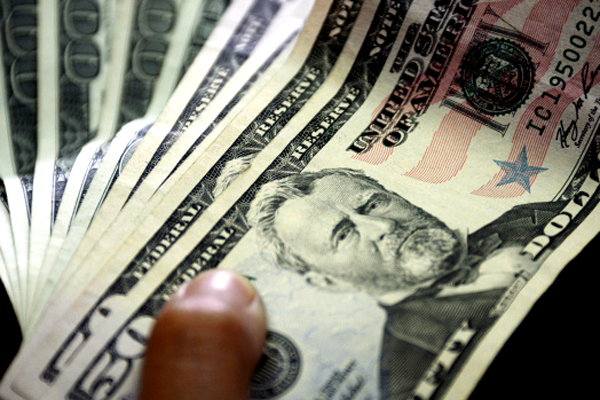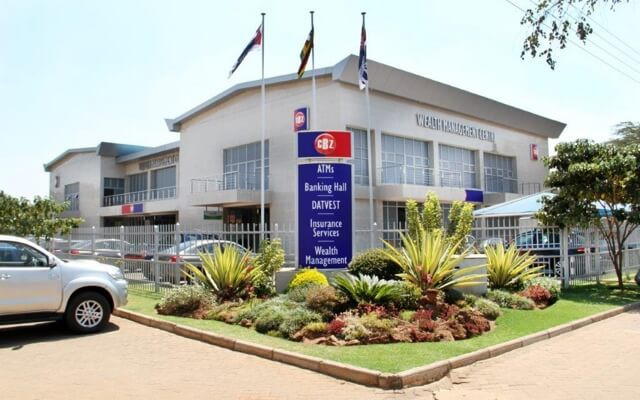
Zimbabwe has an over-valued exchange rate against the United States dollar and other major economies due to the singular usage of the greenback, economists have said, while pushing for the adoption of the South African rand.
BY TATIRA ZWINOIRA
Zimbabwe uses a multi-currency basket with nine currencies.
However, the dollar has remained the dominant and last currency standing in the basket, after other units found little or no uptake by the market.
Economist and academic, Tony Hawkins recently said the reason behind the overvalued exchange rates was due to the country experiencing negative inflation since 2012.
The negative inflation (deflation) happens when prices fall because the supply of goods is higher than the demand for those products.
Demand for local goods has been low, as consumers feel they are more expensive than buying from other countries within the Sadc region.
“Our exchange rate has shot up about 50% in real terms because we have had a negative inflation/deflation in the last four years suggesting it has gone up even more, so we are hugely over-valued now,” Hawkins said.
- Chamisa under fire over US$120K donation
- Mavhunga puts DeMbare into Chibuku quarterfinals
- Pension funds bet on Cabora Bassa oilfields
- Councils defy govt fire tender directive
Keep Reading
“We can use different measures for that and we look at the balance deficit, which will tell you the same story.
Three quarters of the real currency appreciation is attributable to the South African rand. Due to a steep fall in the rand, we have had very low inflation and the South Africans have had high inflation.
“So it has been a double whammy in that sense. If you look at our real and nominal exchange rate, in 2013/14, when the dollar moved to record levels, the rand collapsed. One of the solutions is randisation”
The nominal exchange rate measures the current value of a currency against another, while the real exchange rate measures the value of currencies, taking into account changes in the price level.
Against the United States, China, the European Union, Japan and South Africa, Zimbabwe exchange rates are the only ones to have appreciated by more than 50%.
As such, economists said the strengthening of the dollar slowly phased out the other currencies in Zimbabwe’s multi-currency basket, leading to the exchange rates being overvalued.
Economists argued the country’s overvalued exchange rate implies that the United States dollar was too high for the state of the economy due to cheaper imports and more expensive exports.
Economist, Ashok Chakravarti said due to the over-valued exchange rates, the rand needed to be adopted and that it did not depend on the “common market area”, as purported by the central bank.
“There have been discussions with the South Africans. They are willing to get paid for their exports in rand. They are willing to accommodate us in the financial sector, so there is no issue. All it needs is a law or Statutory Instrument redenominating US dollar balances into rand and say the rand is the currency in circulation,” he said. “Countries monetise or demonetise all the time and they change their currency, so I do not see any issue here.”
Chakravarti said monetary authorities could fix the exchange rate today and change everything in the bank balances from the dollar to the rand, which would give the country access to South Africa’s financial system.
The call by economists comes after industry and bankers have, in the past, urged authorities to use the South African rand.
In June, the Bankers’ Association of Zimbabwe (BAZ) told the Parliamentary Portfolio Committee on Finance that the use of the rand was ideal, as it was no longer sustainable to continue using the greenback.
“It is not sustainable for the US dollar to continue as the major transacting currency,” BAZ president, Charity Jinya told the committee.
“So, we would recommend that the South African rand be used as the main transacting currency. This would reduce concentration of risk on the US dollar.”
However, the central bank has quashed such proposals.











